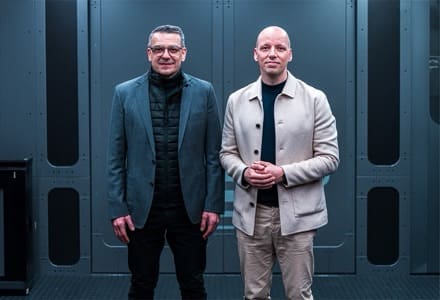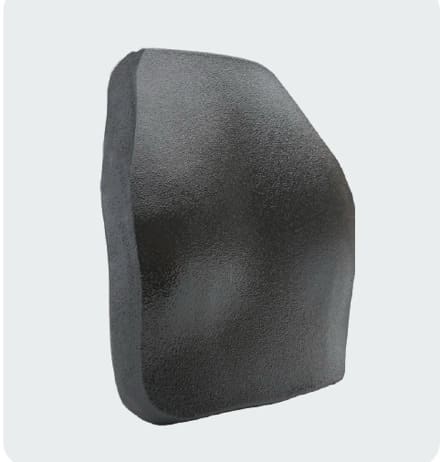Advanced Software Enables Coordinated, Autonomous Execution of Complex Maritime Operations During Real-World Ocean Trial
BURLINGTON, Mass., Nov. 18, 2025 — Scientific Systems, a defense software prime with expertise in maritime and multi-domain operations, announced today that its distributed AI-powered OPTIMUS autonomy software successfully executed a recent on-water test of multiple unmanned surface vessels (USVs) performing end-to-end cooperative mission activities. The weeklong maritime test demonstrates that Scientific Systems’ scalable autonomy software is ready now to support “intelligent affordable mass” — the deployment of swarms of autonomous low-cost platforms that use edge-based AI to dynamically coordinate, rapidly adapt, and dramatically increase survivability & lethality, to achieve mission intent in relevant scenarios.
The August demonstration featured a fleet of nine boats equipped with Scientific Systems’ AI-powered collaborative autonomy software. The software enabled the vessels to operate as an intelligent swarm, searching, monitoring, and engaging targets while avoiding obstacles with dynamic rerouting. This activity was a result of seamless integration of real-time sensing, sense-making, and AI decision-making in the decentralized system. Scientific Systems’ unique, decentralized autonomy software enables the formation of “smart swarms” — collaborative, adaptive teams of platforms that can execute complex missions in degraded communications environments. A single remote operator defines only the mission rules, intent, and key authorities, while the intelligent coordination and execution occur autonomously among the platforms within the contested network. This decentralizedapproach delivers major advantages over communications-dependent, centrally controlled systems, enabling mission plans to continue even with intermittent or lost communications and eliminating vulnerability to the loss of any single “leader” vessel—all while providing superior resilience, scalability, and security.
“This test underscores the critical role software plays in enabling affordable mass and autonomy at sea,” said Scientific Systems Chief Executive Officer Kunal Mehra. “We’re proud to support the mission of maritime operators and to advance the readiness of scalable, autonomous USV squadrons.”
Today’s announcement follows July’s unveiling of the VENOM small Unmanned Surface Vehicle (sUSV), developed to meet the Navy’s operational need for high-performance sUSV interceptors.
Scientific Systems’ software, integrated with the VENOM sUSV family—offered in 6-, 9-, and 13-meter models and extendable to other USVs—provides a flexible, mission-ready solution built around a modular, scalable autonomy stack tailored to customer-defined objectives.
You can skip to the end and leave a response. Pinging is currently not allowed.
Read the full article here








Leave a Reply